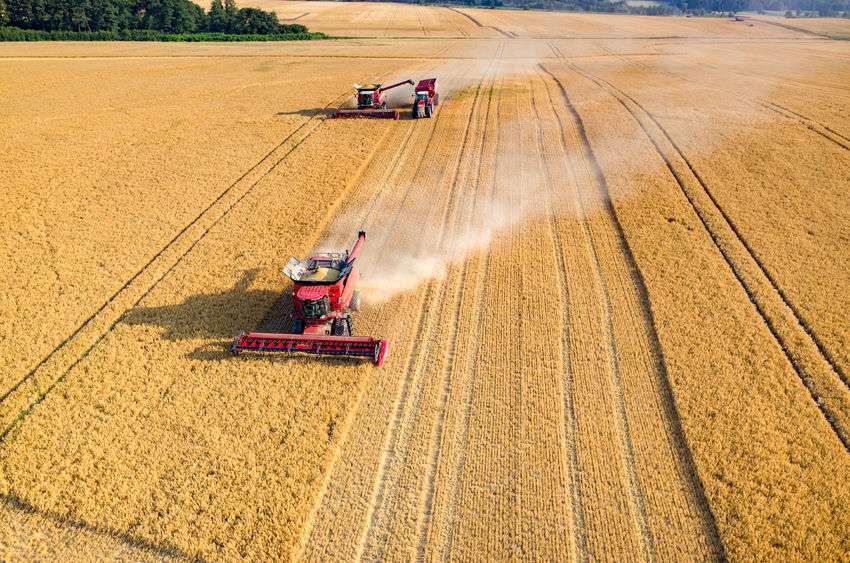
An agri-tech organisation has said advances in technology have driven a huge labour increase but farm outputs have remained static since the 1980s.
Advances in technology have driven a 64% increase in agriculture since 1973, but this is "deceptive", according to Dr Belinda Clarke, director of the Cambridge-based company Agri-Tech East.
The company launched its new report on the sector's future, entitled From Grass Roots to Blue Skies: a vision for agri-tech, at a reception held at the House of Lords earlier this week.
Dr Clarke said it is widely accepted by scientists and farmers that the current model for the farming industry is broken.
She said: “Labour productivity has increased year on year but since the 1980s farm outputs have become static. Technology has enabled labour to be more efficient, producing the same amount but with far fewer people, thus reducing the input costs.
“Although there have been many successes, it is increasingly realised that the current model is not sustainable – economically or environmentally.”
'Little incentive'
Dr Clarke said there is "little incentive" with the current model for farmers to increase outputs as often a bumper yield means that prices will fall.
She continued: “In addition we have seen degradation of the soils, pressure on water and the increasing need for more resilience in the face of climate change.
“This creates a challenge but also a huge opportunity to create a new approach to farming. We know there is the potential to do this as across the UK the yield and quality of crops varies greatly between farms, and even within an individual field or crop there is a scope to improve efficiency.”
Agri-Tech East has stimulated a number of initiatives that have enabled producers to meet non-traditional players and collaborate in new ways.
The company has overseen projects such as improving the forecasting of the demand for lettuces to reduce waste and release resources for alternative crops, and the development of a digital platform that makes data from multiple sources, including international markets, which is accessible to farmers.
Dr Clarke continued: “We are concentrating on what works well, perhaps in other industry sectors or geographies, and seeing how it can be applied by some of the UK’s most skilled farmers.
“Our approach is to put the person with an intractable problem in contact with people that might have solutions. The key is to help all parties frame their challenges in a way that the others can appreciate.
“Farming is actually a complex business. By encouraging people with different perspectives to participate in workshops and networking events as a community we have been able to identify where innovation is needed.”
